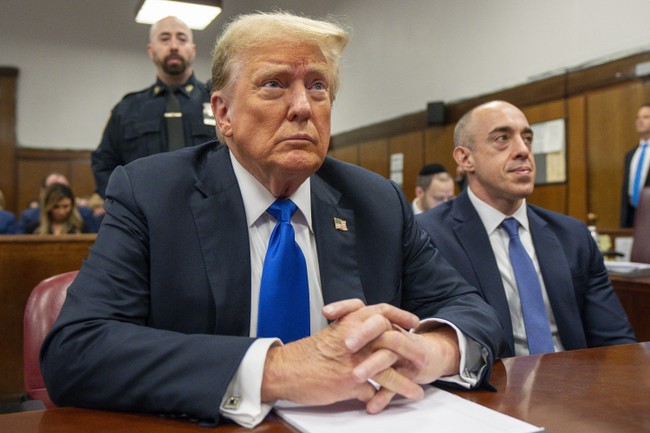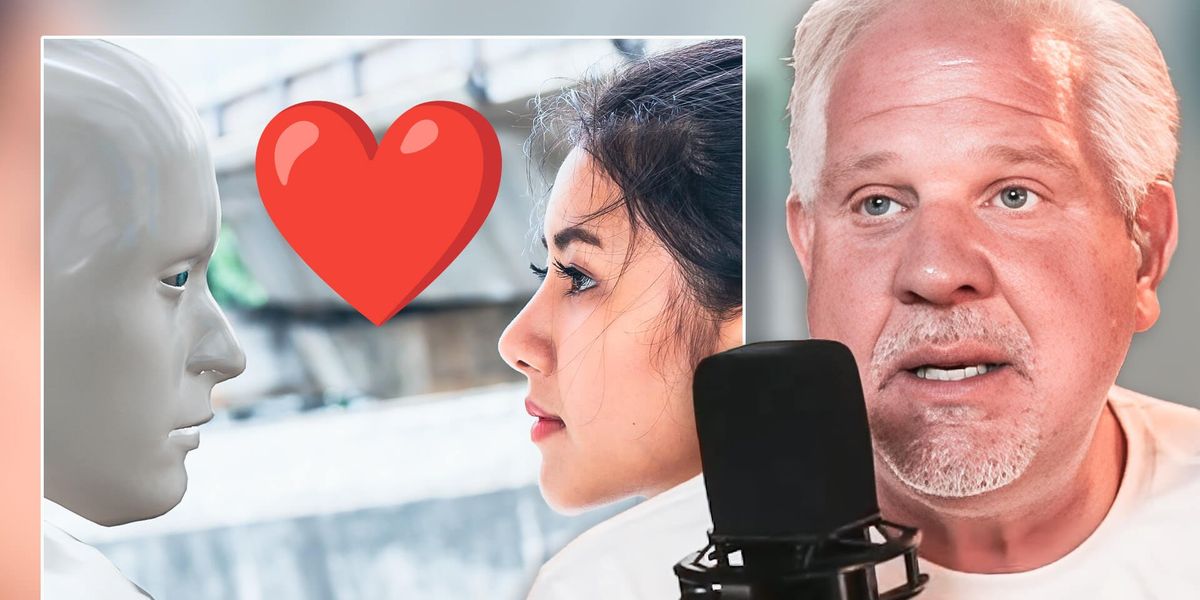The judge in charge of the New York case which resulted in Trump being found guilty of 34 felonies ruled today that his case will not be overturned.
“To dismiss the indictment and set aside the jury verdict would not serve the concerns set forth by the Supreme Court in its handful of cases addressing presidential immunity nor would it serve the rule of law,” Justice Merchan wrote in the Friday ruling.
“On the contrary, such decision would undermine the rule of law in immeasurable ways,” the judge wrote, adding that “the sanctity of a jury verdict” was “a bedrock principle in our nation’s jurisprudence.”
He also set a date of January 10 (next Friday) for Trump’s sentencing. However, the Judge Merchan also indicated that Trump won’t be serving any time or even probation, but would instead be given an unconditional discharge.
The judge, Juan M. Merchan, indicated that he favored a so-called unconditional discharge of Mr. Trump’s sentence, a rare and lenient alternative to jail or probation. He set a sentencing date of Jan. 10, and ordered Mr. Trump to appear either in person or virtually…
Unlike a conditional discharge, which allows defendants to walk free if they meet certain requirements, such as maintaining employment or paying restitution, an unconditional discharge would come without strings attached.
In theory, Trump was facing up to 4 years in prison but no one thinks he would have been given a sentence like that, not even if he’d lost the election. The decision to announce in advance that Trump won’t face any punishment was strategic as it undermines Trump’s legal claims that the conviction represents a problem for his ability to govern.
“It was a smart move by Judge Merchan to announce in advance that he is going to impose no punishment, and hold the proceeding remotely, because that undermines any effort by Trump’s team to argue in federal court that sentencing imposes some major burden,” said CNN senior legal analyst Elie Honig said.
It’s not clear what Trump will do now. He could ask for an emergency stay to postpone the sentencing until after he becomes president. The other option would be to attend the sentencing and then appeal that to a higher court.
Once sentenced, he is free to appeal his conviction and mount a drawn-out legal battle across his second presidential term.
While New York appeals courts might resist his efforts, he may ultimately fare better at the Supreme Court, where the 6-to-3 conservative majority includes three justices whom Mr. Trump appointed in his first term.
Trump’s spokesman issued a statement suggesting they are going to fight the sentencing, but again it’s not certain that will happen at this point.
Trump spokesman Steven Cheung called the Friday ruling is a “direct violation” of the Supreme Court’s immunity decision.
“President Trump must be allowed to continue the presidential transition process and to execute the vital duties of the presidency, unobstructed by the remains of this or any remnants of the Witch Hunts. There should be no sentencing, and President Trump will continue fighting against these hoaxes until they are all dead,” Cheung said.
Obviously with the sentencing set for next Friday, they don’t have a lot of time to request a stay if that’s what they intend to do. So stay tuned. Here’s an immediate reaction from Jonathan Turley. He suggests the sentencing is probably going to happen next week.
Read the full article here




![Pepperoni-Obsessed Graffiti Artist Caught After Social Media Fame Explodes [WATCH] Pepperoni-Obsessed Graffiti Artist Caught After Social Media Fame Explodes [WATCH]](https://www.lifezette.com/wp-content/uploads/2025/01/2025.01.03-04.55-lifezette-6778166b55dd5.jpg)

![CNN Legal Analyst Admits Trump Had Legal Right to Strike Iran [WATCH] CNN Legal Analyst Admits Trump Had Legal Right to Strike Iran [WATCH]](https://www.lifezette.com/wp-content/uploads/2025/05/2025.05.04-07.31-lifezette-681717ddddeb9.jpg)



![Judge Orders Release of Illegal MS-13 Human Trafficker Kilmar ‘Maryland Dad’ Abrego Garcia [WATCH] Judge Orders Release of Illegal MS-13 Human Trafficker Kilmar ‘Maryland Dad’ Abrego Garcia [WATCH]](https://www.lifezette.com/wp-content/uploads/2025/04/2025.04.24-12.59-lifezette-680a35ccbab64.jpg)